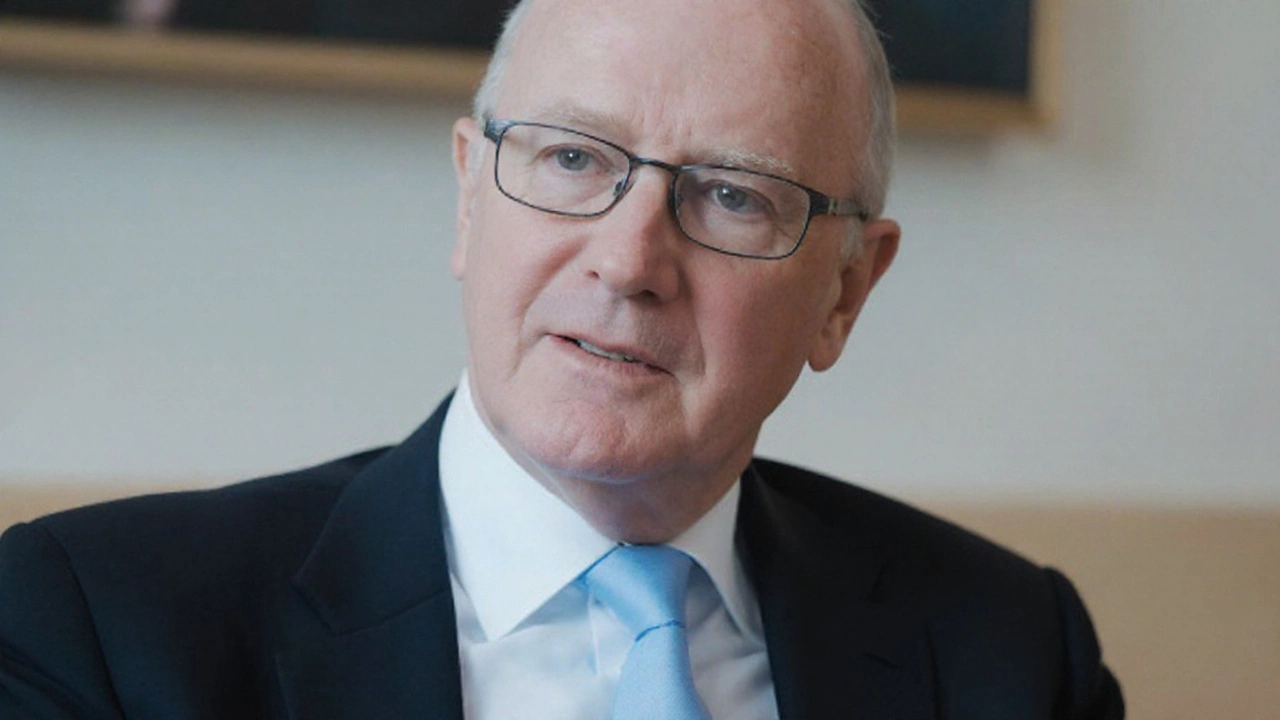Charles Kennedy – British Liberal Democrat Leader and Legacy
When talking about Charles Kennedy, the British politician who chaired the Liberal Democrats from 1999 to 2006 and represented Ross into Cromarty in the UK Parliament for over three decades, Sir Charles Kennedy, you instantly hit a crossroads of modern UK politics, party leadership, and media scrutiny. His tenure shows how a single leader can steer a centrist party through electoral highs, coalition talks, and internal challenges.
The Liberal Democrats, a UK political party championing civil liberties, electoral reform, and progressive social policies were reshaped under Kennedy’s guidance. He pushed for proportional representation, a cause that still influences debates about the voting system. At the same time, the party’s stance on education and health reform reflected his belief that pragmatic policies win voter trust.
Key moments in Kennedy’s political career
In the House of Commons, the UK Parliament, the supreme legislative body of the United Kingdom where MPs debate and pass laws became Kennedy’s arena for championing civil liberties. He famously stood up against the Iraq War, a move that resonated with a public weary of conflict. That stance illustrated a core semantic triple: Charles Kennedy → opposed → Iraq War. Another pivotal moment was the 2005 general election, where under his leadership the Liberal Democrats secured a record 62 seats, reinforcing the link Liberal Democrats → gained → electoral breakthrough.
Party leadership itself is a demanding craft. Kennedy’s approach required coalition‑building skills, media savvy, and internal consensus. He balanced the need for party unity with the pressure of public expectations, creating the relationship Party leadership → needs → coalition building. Although he eventually stepped down due to personal health struggles, his legacy includes a more youthful, media‑engaged party that later entered a coalition government in 2010.
Beyond the Parliament walls, Kennedy’s influence stretched to electoral reform advocacy, media relations, and grassroots activism. His push for a proportional voting system → aims to → fairer representation continues to shape policy discussions. The intertwining of these entities—Charles Kennedy, Liberal Democrats, UK Parliament, party leadership, and electoral reform—paints a vivid picture of how one figure can affect a nation’s political fabric.
Below you’ll find a curated collection of articles that touch on the broader themes Kennedy embodied: leadership challenges, sports parallels to teamwork, streaming trends, and even travel insights. Dive in to see how the ideas of strategy, public engagement, and resilience echo across different fields, offering fresh angles on the legacy of Charles Kennedy.
Menzies Campbell brands SNP's attacks on Charles Kennedy as despicable
Former Liberal Democrat leader Menzies Campbell has slammed the Scottish National Party for what he calls a "despicable" campaign targeting the late Charles Kennedy. Campbell holds the SNP’s Westminster leadership responsible for the attacks that came shortly after Kennedy lost his seat and died in 2015. He defends Kennedy’s legacy despite a complicated personal history. The row revives old tensions between the Liberal Democrats and the SNP. Campbell’s comments echo broader criticism of political conduct in the wake of personal tragedy.
Read More
